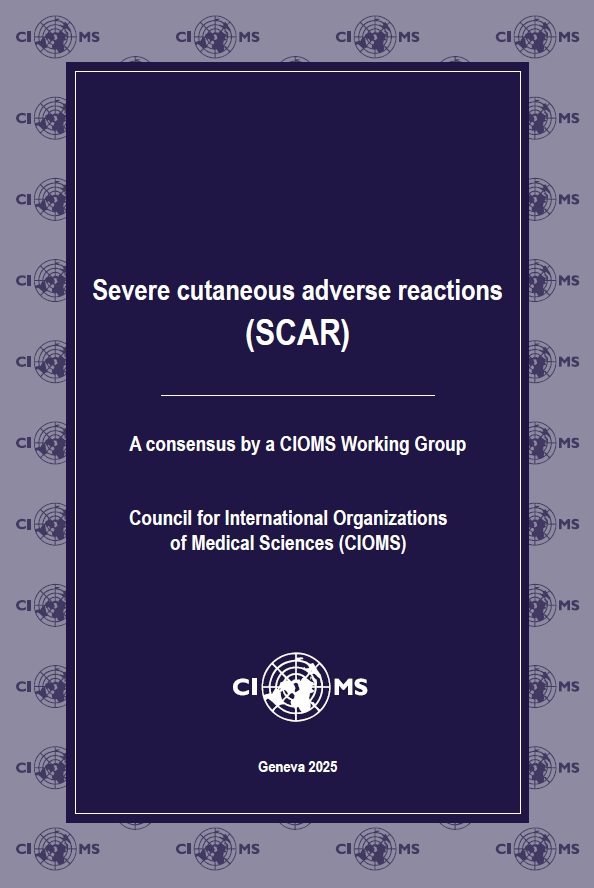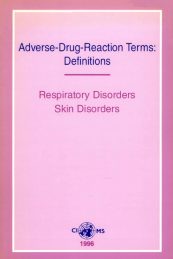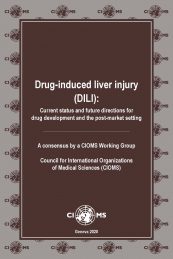In clinical practice, there is mounting concern about the burden of SCAR in relation to novel biologics as well as the increasing cost of diagnosis and management. This consensus report provides unique insights and the latest thinking from renowned experts on this important topic.
The skin is among the parts of the body most commonly affected by adverse drug reactions (ADRs). Cutaneous ADRs affect 2% to 3% of all hospitalized patients and have a wide spectrum of clinical manifestations, are caused by various medicinal products, and result from different pathophysiologic mechanisms. Hence, their diagnosis and management are challenging. However, approximately 0.1% to 1% of patients with medicinal product eruptions have serious ADRs which can lead to disabling sequelae and in some cases, fatalities. Although Severe Cutaneous Adverse Reactions (SCAR) are rare, they are a significant health challenge and hinder the safe and effective use of medicines. In short, they pose substantial hurdles to drug developers, medicines regulators and health professionals.
SCAR include Stevens-Johnson syndrome (SJS), toxic epidermal necrolysis (TEN), drug reaction with eosinophilia and systemic symptoms (DRESS), acute generalized exanthematous pustulosis (AGEP), and generalized bullous fixed drug eruptions (GBFDE).
Premarketing randomized clinical trials have limited power to detect SCAR. There is also a lack of specific diagnostic tests for SCAR, which today, depend on subjective causality assessment methods. These factors highlight the urgent need for guidelines, including how to predict, prevent, detect and diagnose SCAR either during drug development or in the post-marketing phase.



